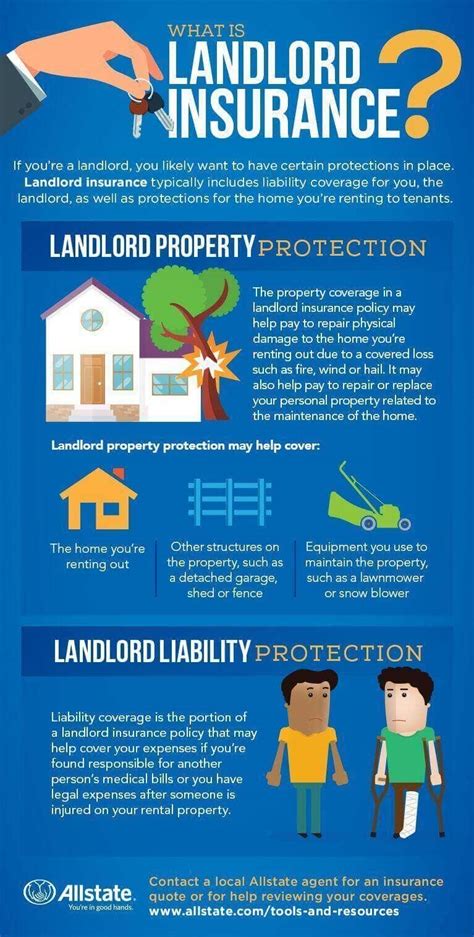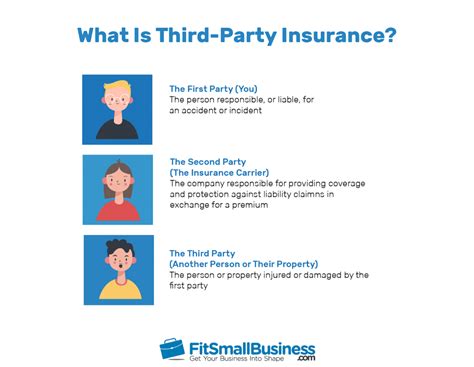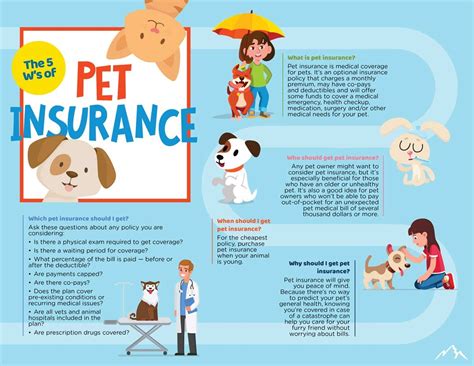Explore the importance of property insurance, coverage options, benefits, cost factors, and tips for selecting the right policy. Get informed today.
Understanding Property Insurance
Contents
Property insurance is a type of insurance that provides financial reimbursement to the owner or renter of a structure and its contents, in the event of damage or theft. This type of insurance can provide coverage for a variety of properties, including homes, cars, and businesses. In the event of a covered loss, property insurance can help to cover the cost of repairs or replacement, as well as provide protection against liability claims. Understanding the nuances of property insurance is crucial for ensuring that you have the right coverage for your specific needs.
When it comes to property insurance, there are several different types of coverage to consider. These can include dwelling coverage, which protects against damage to the physical structure of your home, personal property coverage, which covers the contents of your home, and liability coverage, which can help to protect you from legal claims if someone is injured on your property. Additional optional coverage may also be available, depending on your specific needs and situation.
One of the key benefits of property insurance is the peace of mind that comes with knowing that your valuable assets are protected. Whether it’s your home, your car, or your business, having the right insurance coverage can help to alleviate the financial burden of unexpected events and allow you to focus on recovery. Additionally, property insurance can provide protection against liability claims, which can be especially important for businesses and homeowners.
When it comes to the cost of property insurance, there are several factors that can affect the price of your premiums. These can include the type and amount of coverage you need, the location and condition of your property, your claims history, and your credit score. By understanding these factors, you can make informed decisions about the coverage you need and take steps to potentially lower your insurance costs.
Choosing the right property insurance policy is a crucial decision that requires careful consideration. It’s important to assess your specific needs and risks, and to compare quotes from multiple insurance providers in order to find the best coverage at the most competitive price. Working with an experienced insurance agent can help to ensure that you have the right coverage for your situation, and can provide valuable guidance and support if you need to file a claim.
Types of Property Insurance Coverage
When it comes to protecting your property, there are several types of insurance coverage options to consider. Property insurance typically includes coverage for your home, personal belongings, and liability protection. Understanding the various types of property insurance coverage can help you make the right decision for your specific needs.
Homeowner’s insurance is the most common type of property insurance coverage. This type of policy provides protection for your home and personal belongings in the event of damage or loss due to fire, theft, vandalism, or natural disasters. It also includes liability coverage in case someone is injured on your property.
Renter’s insurance is designed for individuals who are renting a home or apartment. This type of coverage protects your personal belongings and provides liability coverage in case someone is injured in your rented space.
Condo insurance is similar to homeowner’s insurance but is specifically designed for individuals who own a condominium. This type of policy typically provides coverage for the interior of your unit, personal belongings, and liability protection.
Landlord insurance is for individuals who own rental property. This type of coverage includes protection for your property, liability coverage, and may also include coverage for lost rental income in the event of property damage.
Benefits of Property Insurance
Property insurance offers a range of benefits for homeowners and property owners. One of the main advantages is that it provides financial protection in the event of damage or loss to the property. This can include natural disasters such as floods, earthquakes, and hurricanes, as well as man-made incidents like theft, vandalism, or fire.
Having property insurance also gives homeowners peace of mind, knowing that they are covered in case of unforeseen events. In addition, property insurance can also cover liability in case someone is injured on the property, offering protection against potential legal claims and expenses.
Moreover, property insurance can also help with the costs of temporary living arrangements in case your home becomes uninhabitable due to a covered event. This can provide much-needed financial support during a difficult time. Additionally, some property insurance policies may also offer coverage for personal belongings within the home.
Furthermore, having property insurance in place can also make it easier to secure a mortgage or loan, as lenders often require insurance as a condition for approval. This can help homeowners access the funds they need to purchase a property or cover necessary repairs or upgrades.
Factors Affecting Property Insurance Costs
Property insurance costs can be affected by various factors, including location, type of property, and risk assessment. Location plays a crucial role in determining property insurance costs. Properties located in areas prone to natural disasters such as hurricanes, earthquakes, or floods will generally have higher insurance premiums due to the elevated risk of damage. On the other hand, properties in low-risk areas will have lower insurance costs.
Additionally, the type of property also influences insurance costs. For example, a commercial property will typically have higher insurance premiums compared to a residential property. This is because commercial properties usually have higher property values and greater liability risks. Moreover, the age and condition of the property can also impact insurance costs. Older properties may have higher premiums due to the increased likelihood of maintenance and repairs.
The insurance coverage selected for the property is another factor affecting insurance costs. Some property owners may opt for comprehensive coverage, including protection against natural disasters, theft, and vandalism, while others may choose more limited coverage. The more extensive the coverage, the higher the insurance premiums.
Additionally, the property’s claim history can impact insurance costs. Properties with a history of frequent claims, such as water damage or break-ins, will likely have higher insurance premiums. Insurance companies consider the claim history as an indicator of the property’s risk and determine premiums accordingly. Therefore, property owners should take proactive measures to minimize risk and prevent potential claims in order to keep insurance costs down.
Choosing the Right Property Insurance Policy
When it comes to choosing the right property insurance policy, there are several factors to consider. First and foremost, it’s important to assess your specific needs and requirements. What type of property do you need to insure? Is it a home, rental property, or commercial building? Understanding the nature of your property will help you determine the most suitable insurance coverage.
Next, you’ll need to research and compare different insurance policies offered by various providers. Each policy will have its own set of terms, conditions, and coverage options. It’s essential to carefully review and understand the details of each policy before making a decision.
Additionally, consider the reputation and financial stability of the insurance company. You want to ensure that the provider you choose is reliable and can fulfill their financial obligations in the event of a claim. Reading customer reviews and checking the company’s financial ratings can help you gauge their credibility.
Another crucial aspect to consider is the cost of the insurance policy. While you want to find a policy that offers comprehensive coverage, it’s important to ensure that it’s affordable and within your budget. Compare the premiums, deductibles, and potential discounts offered by different providers to make an informed decision.
Finally, seek professional advice if you’re unsure about which policy to choose. An insurance broker or agent can provide valuable insights and recommendations based on your specific needs. They can help you navigate through the options and select the most suitable policy for your property.












